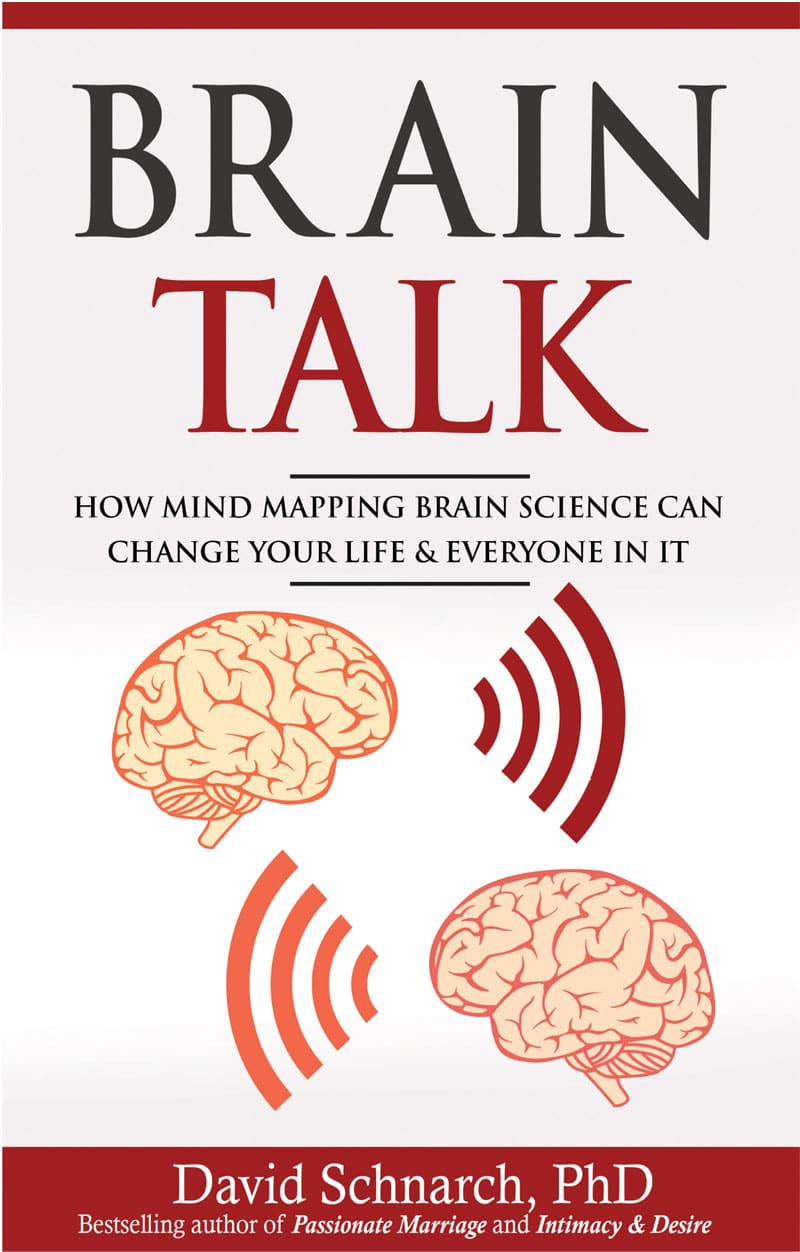What Is Mind Mapping?
DURING MY CAREER AS A CLINICAL PSYCHOLOGIST I’ve learned many helpful things. But if you asked me to pick out what transformed my life and my work, the cutting-edge brain science of mind mapping would share top honors. For me learning about mind mapping was like learning about orgasms. I knew about sex long before I learned orgasms existed. When I finally discovered them from personal experience, I couldn’t believe they’d been happening all around me but that nobody had let me in on the secret! How could this be going on and no one told me?!
That’s how I felt when I stumbled onto mind mapping in neurobiology research journals at the turn of this century. I was shocked! The topic was unknown in the mental health field when I was in training, and for the most part this continues today. Mind mapping didn’t even exist as a concept until the 1980s, when two primatologists wondered whether chimpanzees understood that other chimps might have their own thoughts about things or see things differently. They referred to this as “Theory of Mind,” but I call it mind mapping.
Mind mapping is not a core part of training in any mental health discipline. It’s not required for licensure as a psychologist, psychiatrist, social worker, or pastoral counselor. Relatively few psychotherapists know anything about it. But humans have been mapping each other’s minds for hundreds of thousands—if not millions––of years. We do this constantly in virtually every situation, and it’s a fundamental function of the human brain. So you can appreciate my shock when I read my first journal article about this. Wouldn’t you think this is something therapists should know about?
According to the Introduction’s brief definition, mind mapping is your brain’s ability to make a mental map of another person’s mind. It also applies to mapping out your own mind too. This is concise but not particularly illuminating. Let me explain mind mapping more thoroughly so you’ll understand why it’s so important.
The Driving Wheel of Relationships
Mind mapping is an intuitive process. Whenever you interact with people, your brain automatically creates mental pictures of their minds. It then looks at these pictures and makes inferences about them. What does he want? What is she like? Is he smart or cunning? Does she want to have sex with me? Why is he looking (or not looking) at me? Should I ask her for a date? Should I fear this guy? Then your brain uses these attributions to predict what other people are going to do and adjusts your agendas and behaviors accordingly. First and foremost, mind mapping is about predicting other people’s behaviors.
Like most people, you have pictures of your father’s and mother’s (or stepparents’) minds in your head. You know how they think. You see how they perceive themselves and how they feel about each other. You also know where they lie to themselves, where they’re blind to themselves, and where they are self-aggrandizing. You recognize the areas where they don’t really see you but think they do. You even know how they react to strangers and other family members. In short, you know what makes them tick. You glean all this information from the mental maps in your head. You then use this to predict what they’re going to do in a given situation, which is how you decide to approach them.
For example, let’s say you want your parents to give you some ice cream or, if you’re a bit older, the keys to the car and money for gas. Your mind starts working off your maps of them and devises a plan: Who should I go to first? What’s the best strategy to use to get them to agree? What’s the best time for me to ask? How can I convince them if they initially say no?
Mind mapping is the brain-based psychology of interacting with other people. Once you recognize mind mapping in daily life, you’ll be better able to detect other people’ motivations and predict their behaviors, whether it’s your spouse, your children, your parents and siblings, or your boss and coworkers. In interpersonal relationships, particularly ones loaded with tension, drama, conflict, high risk or great meaning, no tool is more valuable.
We’re Native-Born Psychologists
Mind-mapping satisfies our inherent desire to figure out other people. Let’s say you’re walking down the street and you notice a man walking towards you. In a split second, you look at his clothing. You observe his gait. You determine what he’s looking at. Is he looking at you or the person behind you, or is he gazing in a different direction? You study his facial expression, particularly his eyes and mouth. You try to assess his mood. You start attributing a personality to him. From information gleaned in a fraction of a second, you’ll decide whether to put your head down and ignore him or meet his gaze as you pass on the street. This entire drama occurs in the blink of an eye, and you’ll repeat it every time a stranger approaches. By the end of the block, you’ve constructed a half dozen mind maps of passersby without exchanging a single word with them.
Humans are natural-born psychologists. We’re so good at mind mapping that trained therapists aren’t necessarily any better at this than the average person. In fact, 30 years of doing therapy and training therapists has shown me that people seeking counseling are often better mind mappers than their therapists and often beat their therapists’ mind-mapping radar. Mind mapping is an innate survival skill we’ve inherited from reptiles. To ensure our own safety and well-being, we need to know what makes other people tick. We need to understand what’s going on in their minds to be able to anticipate their behavior. It’s all about being able to predict what they’re going to do. This doesn’t require extraordinary skill or effort. It’s not related to your IQ level.
People are pretty predictable. If you know their beliefs, values, and intentions, and if you know what they know, you’ll be able to predict their behavior with a high degree of certainty. Mind-mapping is about figuring out what they really want. The better you understand someone’s motivations and agendas, the more accurately you can anticipate what he or she will do next.
« Brain Talk – Chapter Previews Brain Talk – Chapter 1 Part 2 »


